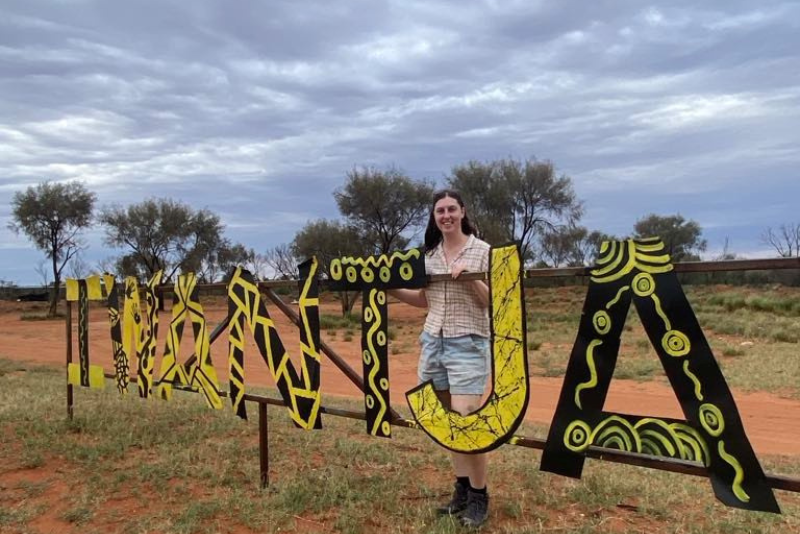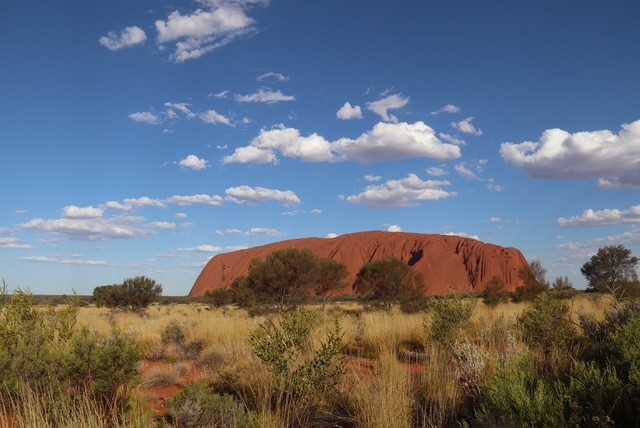Find yourself wanting to build upon your nursing or midwifery career? Remote nursing in the APY Lands could be your next step. Culture, autonomy, and 4-Wheel Driving… it’s a big commitment out there in Australia’s most remote locations. But the result is always a stronger career!
A warm sense of community awaited Nadine when she began her first remote nursing contract in the APY Lands (also known as Anangu Pitjantjatjara Yankunytjatjara). With her feet on the ground, she was met with a strong arts culture and also a strong learning curve—working closely with the community and even having to act as the vet now and again!
Two contracts later and now she has two more lined up, so what is so endearing (and challenging) about a remote contract in the APY Lands? This month we are spotlighting Remote Area Nurse (RAN) Nadine to find out.
RAN Nadine
7 years nursing experience
2min read
1. How long have you been nursing for, and how long/how many contracts have you been a Remote Area Nurse (RAN)?
I’ve been nursing for 7 years in total and have been doing rural and remote agency work for a year now.
2. You recently worked in the APY Lands. How would you describe your experience?
I loved my time in the APY lands! I have done two contracts in Iwantja, and have signed up for another two in Pukatja for the end of the year. There is a warm sense of community in Iwantja, and I enjoyed getting to know patients and their families. It was a great learning experience, both clinically and from a cultural perspective.
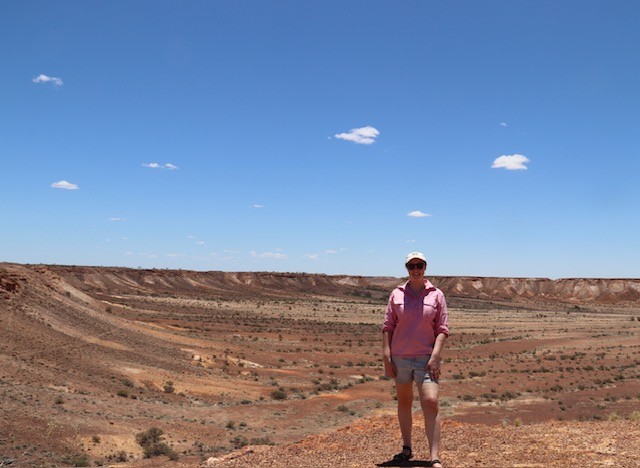
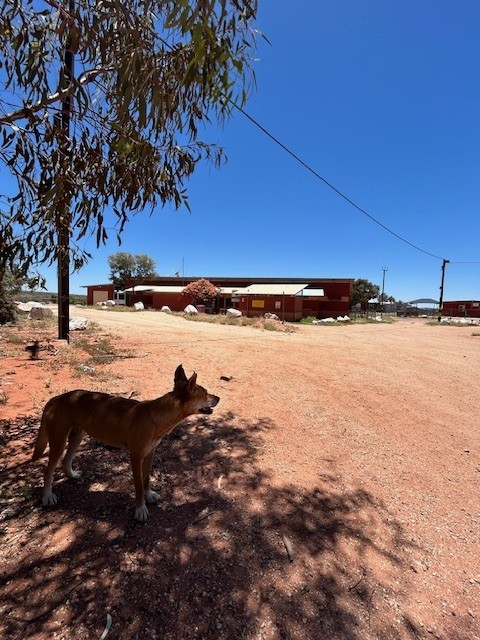
3. How did your experience in this community compare to other places or communities you’ve worked? Were there any specific events or interactions that stood out to you?
Iwantja has a strong arts culture – it was special to visit the art centre on a few occasions and get to know the artists.
Another special event during my time in Iwantja was celebrating Steve, the permanent nurse, for 20 years in the clinic! What an achievement.

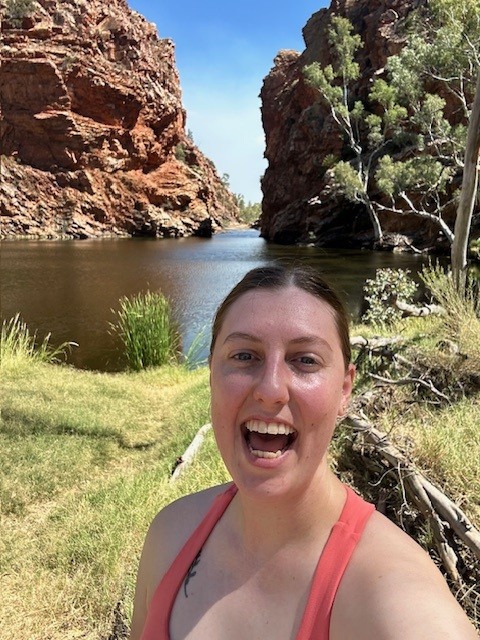
4. In your experience, what are the key differences between working in remote clinics compared to metro, regional and rural healthcare facilities?
In my experience, the main difference between working in metro and rural/remote healthcare facilities is the variety of work nurses are able to undertake. Remote area nurses have to be skilled in primary health care, chronic disease management, trauma response, and more! Often you might be working alone, or with one or two other nurses or doctors, so you really have to draw on your training to manage lots of different conditions – and sometimes even act as the vet too!
5. What inspired you to pursue remote area nursing, and what has been a rewarding moment from your time in a community?
I have always wanted to pursue a career in remote area nursing as I believe everyone, no matter where they live, should be entitled to appropriate, quality health care. I really enjoy the community feel of remote area nursing, getting to know and work with families and become quickly integrated into the community.
6. Can you share a particularly challenging scenario you’ve encountered, and how you navigated it?
A challenging scenario I encountered while remote area nursing was trying to arrange the transfer of multiple patients, all of whom required mental health care. I learnt to rely on my wider team, and was really fortunate to have some great aboriginal clinic workers and police who knew the community well and helped provide a calm environment.
7. Do you have a favourite photo from your time on country? What’s the story behind it, and how does it capture the essence of your work?
This is my favourite picture of my time in Iwantja! A patient walked into the clinic with a tiny puppy in her wheelie walker. It was a great opportunity for a cuppa and a chat! To me it captures the essence of nursing, as being far more than just about providing medical care but about having a holistic approach. Getting to know who patients are outside the clinic and understanding their world and how this impacts on their health and wellbeing.
8. What has been the highlight of working with Affinity so far?
The highlight of working with Affinity so far has been stepping into remote area nursing. I’ve been able to put my clinical skills to the test, have made some great friends, and have learnt lots! The travel has been a massive perk too – and most recently I was able to explore the ‘Red Centre’ (Uluru, Kings Canyon, Alice Springs) on my way home from a contract. What a privilege to see some of the most amazing parts of Australia and get to know the people who make it.
9. What advice would you give to junior nurses who are considering a career in remote area nursing?
The advice I’d give to anyone wanting to try remote area nursing is ‘Just go for it!’
It’s great to speak with some local Aboriginal health workers, or other agency staff who’ve been to the clinic before you to get a grasp of the major types of medical conditions, health concerns etc. you might encounter. But you also learn so much on the job and by immersing yourself in the experience and listening to patients’ stories and experiences. It’s truly a unique experience, but one that’s lots of fun, and very rewarding.
You can strengthen your capabilities by transitioning to remote area nursing in the APY Lands, the Red Centre, or even go to the peak of the country up in the Northern Territory. Wherever you go, a better career will follow.
Never been a RAN? Affinity has the pipeline to get you credentialed and experienced. We know the ins and outs! Register with Affinity and receive exactly what you need: comprehensive education and great support.


